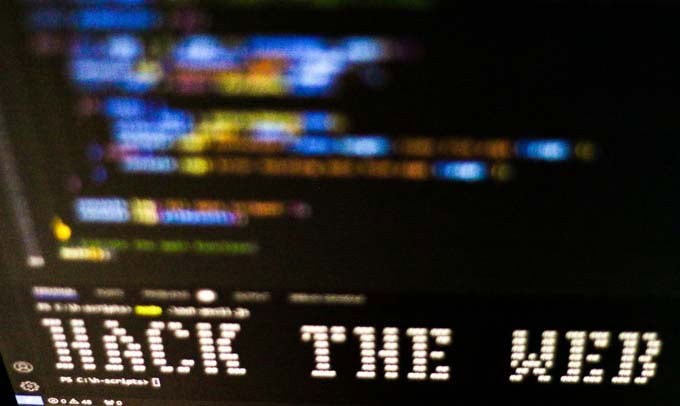Is Donald Trump a risk?
The motto of this year's Alpine Symposium in Interlaken was "Think big. Create the future". But on the first morning of the two-day event in particular, the focus was on completely different topics.

The panel of speakers on the morning of 10 January 2017 had it all. First, Guy Verhofstadt, former Belgian Prime Minister and candidate for the Presidency of the EU Parliament, painted a rather gloomy picture of the EU. He looked back on 2016, which could go down in history as an "annus horribilis" for the Union: Brexit, the refugee crisis, the still unresolved financial crisis, growing populism, etc. He pointed to some of the EU's institutional problems and pointed out how the USA, for example, had managed to overcome the financial crisis: Within nine months, they had been able to clean up the financial sector and even restart an investment phase. Europe, on the other hand, is still debating. "We are not even in a position to create a rescue fund," Verhofstadt told the Alpine Symposium audience. And further: "Our institutions in Europe are not made for crisis situations!" The problem: small parties are capable of blocking entire processes, as the example of CETA showed, for example, when in Belgium the Walloons almost managed to prevent this treaty for free trade with Canada.
Summing up Guy Verhofstadt's statement, the EU's inability to act is actually the greatest risk for Europe's future. There was a lack of a common foreign and defence policy, especially as the signals from Washington indicated that American support could no longer be counted on in the future. More financial resources must finally be made available, for example to better secure the common Schengen external borders. Only "better coordination" among the states would not be enough, Verhofstadt said bitterly. Middle East expert Ulrich Tilgner - the second speaker on this Tuesday morning - pointed out that Tunisia in particular had a major problem with returning IS fighters. What if they continue to leak into Europe? However, he rules out the possibility of a massive wave of attacks - especially in Switzerland. He sees the threat potential at perhaps "2 to 3 attacks" that could also be carried out in Switzerland in the medium term. Germany or France, on the other hand, would have to reckon with a few more acts of terrorism.
And Donald Trump? 10vor10" presenter and long-time US correspondent for Swiss television Arthur H. Honegger compiled a few facts about the newly elected US president. Trump is someone who messes with everyone, as he already did during the election campaign. In this sense, one cannot assume a new normality in Washington, "there is no normal", it should (and probably will) "crack", as Honegger explained. America's society is deeply divided. Even Donald Trump's world only counts winners or losers. Politically - as Honegger states - there is no longer talk of "left" and "right", but of "above" and "below". However, this does not refer to economic elites: for many populists, the "bottom" is currently the ideological elite in particular, i.e. those circles that represent democratic values, human rights, etc. And the population simply believes those who are "on the left" or "on the right". And the population simply believes those whom they themselves support - regardless of whether facts are sometimes simply invented. Arthur H. Honegger drew a gloomy conclusion: "I am not particularly optimistic about the next four years".
On the other hand, Europe must now take the opportunity to "put its own house in order", as Guy Verhofstadt put it. After all, it's not the European idea that's unpopular with the people, but the way the EU works. Seen in this light, Donald Trump's presidency or Brexit can also be seen as an opportunity, not just a risk.









